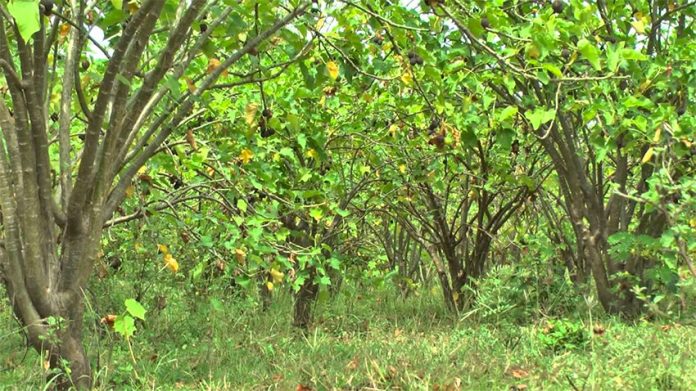It has been frequently noted that the colors on a nation’s flag relate to its struggle for independence: red for blood spilled in the course of revolution is probably the most common example. By that metaphor, Mexico could be the planet’s greenest nation, through an energy revolution.
Mexico has it all, but doesn’t seem to realize it yet. There’s no need to belabor the point that Mexico’s abundant sunshine and winds are green sources. Mexico is blessed by sunlight over its entire territory, and the fierce winds crossing places such as the Isthmus of Tehuantepec are far more than gentle zephyrs.
I’m referring to practically unknown Jatropha curcas, equally obscure Ricinus and better known Saccarum, sugar cane, presumably now in surplus as a result of President López Obrador’s crackdown on sweets.
As a bonus, Jatropha and Ricinus grow wild on the most marginal of land, even roadsides. Diesel, lubricating oil and gasoline are three more better-known names for the three. Mexico imports all three, but needn’t.
Jatropha curcas is a weed, often used as a fence post by poorer, non-corporate farmers in Mexico’s hard hit, more rural areas. You’ve probably driven by it thousands of times without knowing it’s renewable and an excelled feedstock for diesel. Think of it as the girl next door or rather one of a pair of attractive next door twins you’ve overlooked while growing up.
The second attractive twin next door you’ve driven by countless times is wild Ricinus, slightly better known as the castor bean, far better known as the not-so-secret ingredient in world famous Castrol premium motor oil. Both are sustainable and farmable, although “I grow fence posts” is not a glamorous pick-up line at a farm convention. And castor beans are toxic and require careful handling.
So while mega-refiner Phillips is converting a major California refinery to run on used cooking oil from restaurants, Mexico could be sitting pretty.
I’ve left Saccarum, or sugar cane, until last as its story is better known. Sugar cane based ethanol is 10 times as profitable as heavily subsidized corn-based ethanol in the U.S., already as E10 or E15 mandated in the U.S. and widely in Europe; and doesn’t harm engines in vehicles from 1996 on (probably even earlier as my 1988 Toyota can attest).
Maybe the next time you see the red, white and green, think what the green could stand for.
Carlisle Johnson writes from his home in Guatemala.
